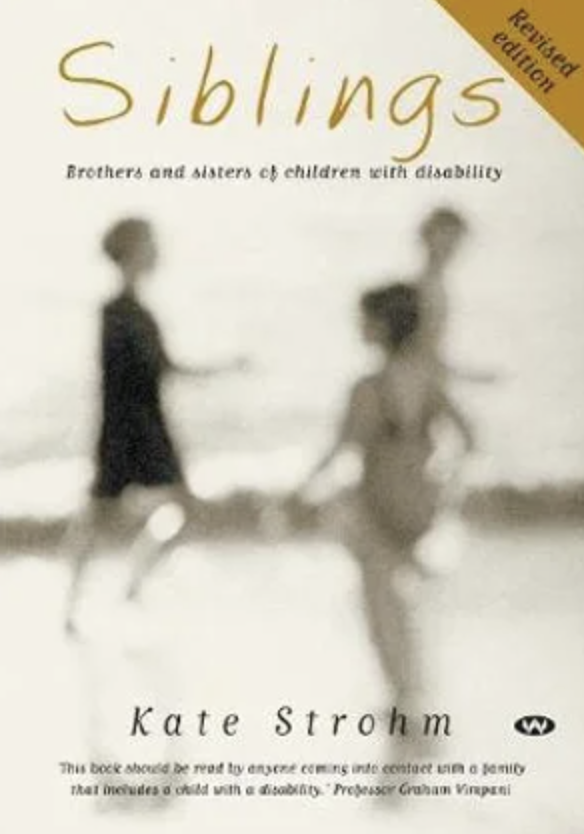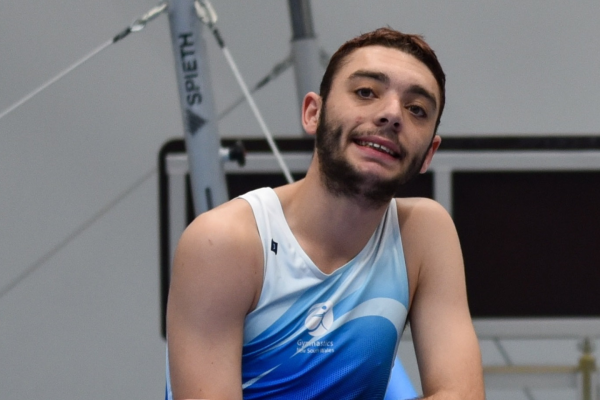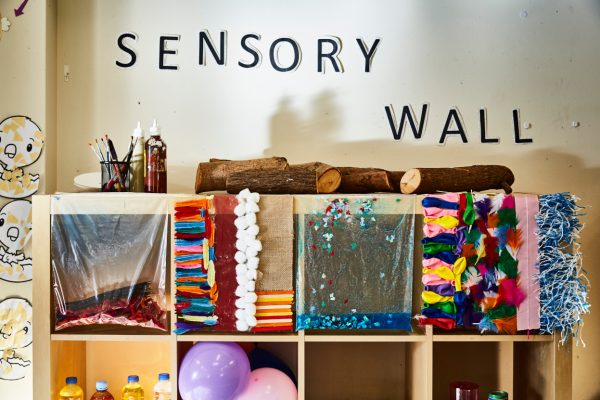
Understanding and supporting siblings: tips for parents
Growing up as the sibling of a child with a disability can be so rewarding but it also presents unique challenges which can be confusing and difficult for children to deal with. Siblings can have similar stresses that parents do, but without the understanding, maturity and access to peer support that adults may have to help them deal appropriately with the emotions they may be experiencing.
Siblings Australia shares what some of these struggles might look like.
Remember that every child has their own unique set of circumstances and different family dynamics, but even so there are common issues that come up a lot for siblings.
Think of the child who is quiet and seems to go with the flow. They are not expressive about their wants and needs and go under the radar a lot. When they face challenges, they might tend to withdraw and hide from the situation.
Then there’s another child who pushes buttons because they don’t have the tools to express their difficult emotions. They might act up to make themselves be seen and heard in a world where they feel they don’t matter as much. They might revert to acting like a younger child again, cling to their parents and not want to separate from them.
Another child might adopt the role of perfectionist. Sometimes obsessively to compensate for the limitations of their brother or sister. They might try and please their parents and others and feel it is their job to take care of others’ feelings, but not know how to deal with their own.
Also watch out for the child with low self-esteem. They might worry about the future and feel hopeless about things changing for the better. They might feel there is something wrong with them but not talk to anyone about it because they believe they don’t deserve to be heard. Stomach aches or physical complaints might arise.
For a lot of children, there will be embarrassment about staring and pointing. Anguish over taunting and teasing. Guilt over wishing their brother or sister was not there. Worse is the sense of isolation that no one else gets it and feeling different to peers with no one to see, hear, know or reach out to.
So, how can parents support siblings?
Give children information about their sibling’s disability/ illness at their level of understanding, increasing the detail as they age or ask questions.
Help children share and express their feelings – both good and not so good. Keep in mind that ALL siblings love and loathe each other at different times. Set an example by showing it is okay to share difficult feelings. Sometimes drawing or writing a journal can also help them to express their feelings – explore with your child what works for them.
Listen to your children and try to ‘walk in their shoes’. Let them know you understand that it can be difficult for them sometimes.
Watch for signs of stress – all children have stresses from time to time, unrelated to being a sibling. However, if a child shows signs of stress as mentioned above, you could explore if there might be sibling issues.
Help each child feel special – try to spend one-on-one time and celebrate all family members’ achievements. Help your family to recognise each other’s strengths and weaknesses.
Let your children know that you appreciate their help but try to not overload them with responsibility. Help them to develop their own independence and interests.
Sometimes siblings will be upset by others’ reactions. Help them learn ways to respond in ways that they are comfortable.
Help them make contact with other siblings – having fun and sharing experiences with kids who understand can be enormously helpful for siblings.
Ultimately, happy healthy families listen to and respect each other. Each member feels appreciated and it is understood that everyone has strengths and weaknesses, and that everyone is important. They find time for each other, have fun together, share interests but also allow for independence of all members.


BOOK OF CHOICE FOR BOTH PARENTS AND PROFESSIONALS
SIBLINGS, BY KATE STROHM (Wakefield Press) Siblings tells what it is like to grow up with a brother or sister with a disability or illness. The siblings of children with a disability are often the overlooked ones in families struggling to cope. Kate, a sibling herself, bravely shares the story of her journey from isolation and confusion to greater understanding and acceptance. She provides a forum for other siblings to describe their challenges and provides them with strategies to make sense of their experiences.
For more information:
Siblings Australia has a number of resources and services to help parents, including via the parent page online at siblingsaustralia.org.au
In addition, there are one-on- one parent information sessions on support for siblings and these can be claimed through the NDIS. Parent or professional workshops and webinars can also be held.
The Sibworks program is especially designed for young sibs to come together and share their experiences while having fun.







